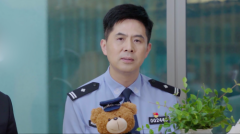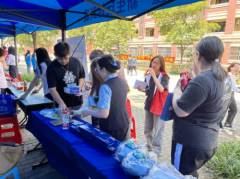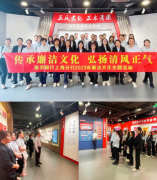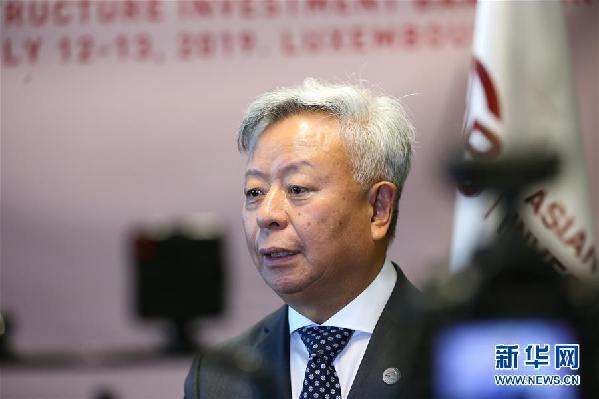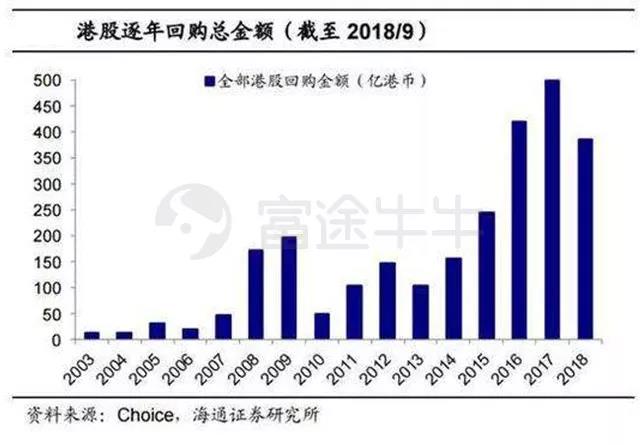澳洲100年华人历史回顾
雷宜佑:从南海到黄金之乡的奋发史诗
Louie Yee Yau: A Blood-and-Tears Epic from the South China Sea to the Land of Gold
——献给澳洲华人百年奋斗史
A Tribute to One Hundred Years of Chinese-Australian Struggle and Resilience
在中国南海之滨的中山,一艘破旧的帆船缓缓驶离海岸。浪花溅湿了甲板,也溅湿了年轻人雷宜佑的双眼。那一年,他背井离乡,从祖居的中山(香山)出发,踏上前往南半球澳洲的航程。家人凑足的船资,多半是向亲族借贷而来,连本带息,必须在几年内偿还。这一去,既是希望,也可能是一生的漂泊。
On the southern coast of China, in Zhongshan (then Xiangshan), a weather-worn junk slowly drifted from shore. Sea spray wet the deck—and the eyes—of a young man named Lei Yee Yau. That year, he left his ancestral village and set sail for the faraway southern continent of Australia. The cost of his passage was borrowed from relatives, a debt he vowed to repay with interest within a few years. The voyage carried both hope and exile—a journey that might last a lifetime
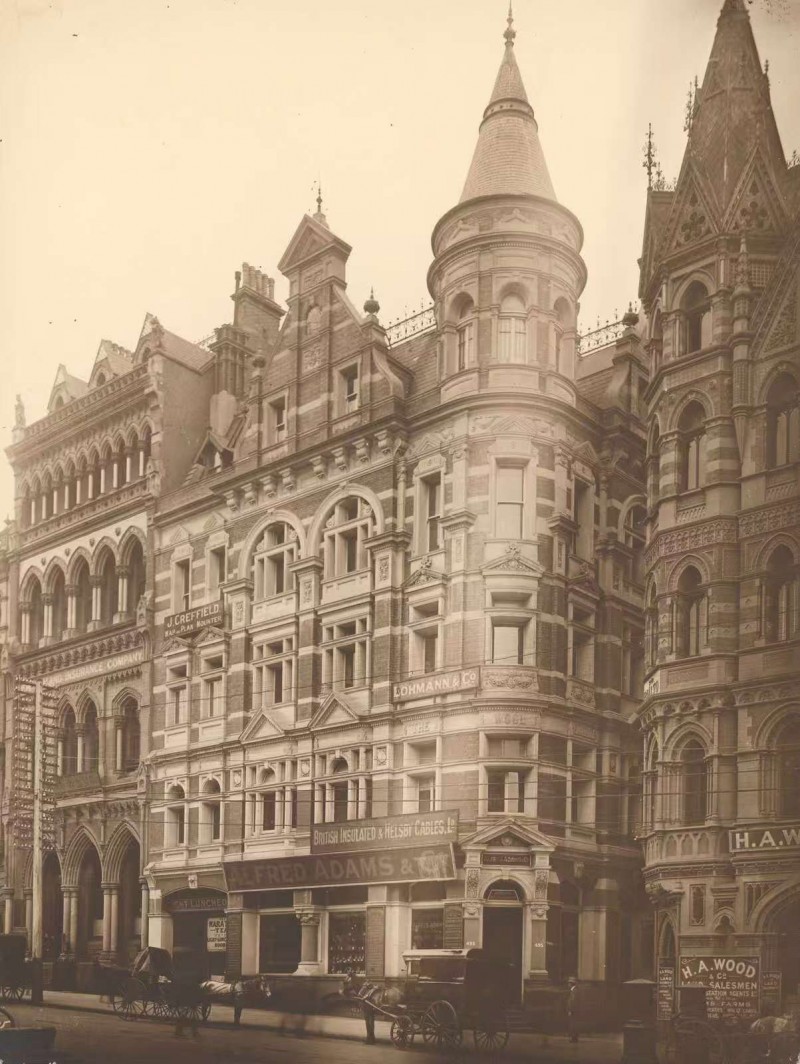
彼时的澳洲,正处于“白澳政策”初期。对于来自亚洲的移民,限制层层叠叠——语言、种族、居留与工作,无一不成阻隔。政府从不资助华人移民,他们只能依靠自己。像雷宜佑这样的人,被列为“非资助旅客(Unassisted Passenger)”,他们的名字或许不会出现在官方名册上,但却铭刻在历史的血脉中。
At that time, Australia was entering the era of the White Australia Policy. For migrants from Asia, every step—language, race, residence, and labour—was bound by barriers. The government offered no assistance to Chinese immigrants; they relied solely on their own strength. Men like Lei Yee Yau were recorded as “Unassisted Passengers.” Their names seldom appeared in official ledgers, yet their stories were forever engraved in the bloodstream of history.
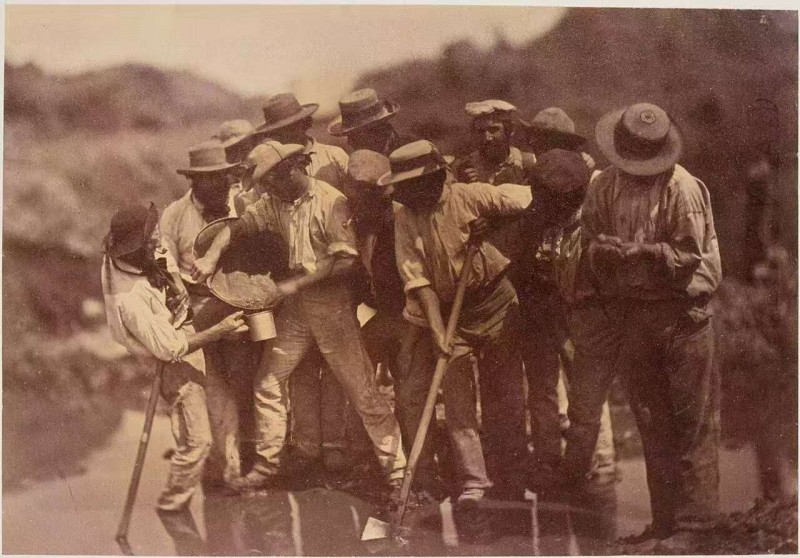
抵达维多利亚金矿区后,他与同乡们组成劳工小队,肩挑镐锹,脚踏泥石,在酷暑与寒霜中日夜淘金。矿坑深似地狱,汗水混着泥浆;然而,在这片陌生的土地上,他们没有屈服。他们勤俭节约,信守契约,三年五载便偿清债务;他们互助相携,守望相助,在异乡筑起属于华人的尊严。
Upon arriving in the goldfields of Victoria, Lei joined teams of fellow villagers, swinging picks and shovels from dawn to dusk through scorching heat and winter frost. The pits were deep as hell itself, their sweat mingling with the mud. Yet in this foreign land they did not yield. Through thrift, endurance, and integrity, they repaid their debts within a few years. Shoulder to shoulder, they built not only a livelihood but a quiet dignity for the Chinese name.
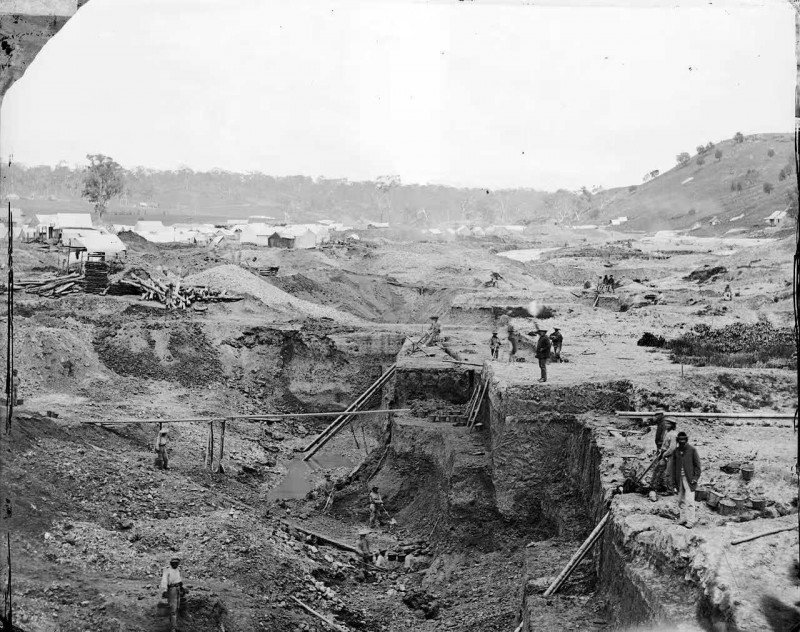
当金矿衰竭,他又转往汤士威尔种植园务工,耕作甘蔗、开荒垦地。白天劳作,夜里仰望星空,他的心仍系着万里之外的家乡。每当节庆,他与同乡聚于庙宇——那便是今日仍屹立不倒的“四邑关帝庙”,他们在神前立誓,不忘根本,互助互勉,永远为家族与族群的荣誉而生。
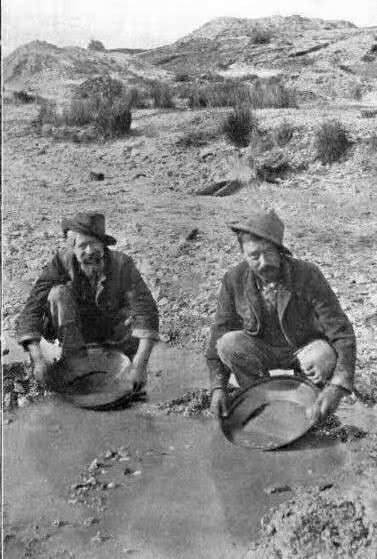
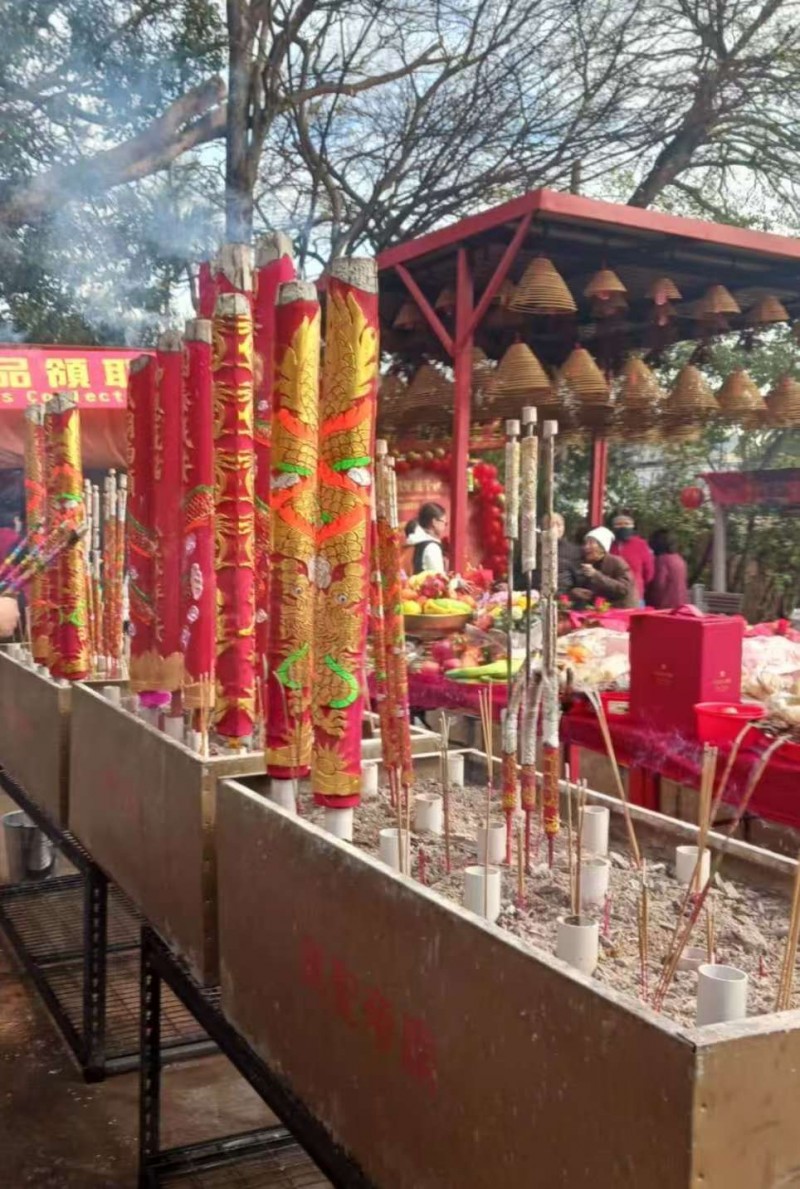
When the gold began to fade, he moved north to Townsville, labouring on the sugar plantations, clearing fields under the tropical sun. At night he gazed at the stars, his thoughts drifting back to the village by the South China Sea. On festival days, he gathered with countrymen at the Siyi Guan Di Temple, which still stands today. Before the altar they vowed never to forget their roots—to help one another and live with honour for family and kin.
雷宜佑的一生,是那一代华工的缩影。他们在沉默中开拓,在艰辛中传承,用血汗换来了子孙后代的安居与尊严。今日的澳洲华裔,无论身在何方,追溯源流,皆应铭记这段“以苦为荣”的史诗——那是祖辈用信义、勤劳与牺牲写下的篇章。
Lei Yee Yau’s life was the mirror of an entire generation of Chinese labourers. They carved a path through silence and hardship, trading sweat and sacrifice for the peace and dignity of their descendants. For today’s Chinese-Australians, wherever they may be, this epic of endurance remains a proud inheritance—written in the language of faith, labour, and love.
他们的足迹,从金矿到甘蔗田,从破旧宿舍到今日的社区会馆,已融入澳洲这片土地的肌理。历史不会遗忘这些无声的建设者——他们用手中的铁镐与心中的信念,开凿出中澳两国人民理解与尊重的通道。
Their footsteps—from the goldfields to the cane fields, from shabby huts to today’s community halls—have become part of Australia’s very soil. History will not forget these silent builders. With their picks and unwavering spirit, they opened a bridge of understanding and respect between China and Australia.
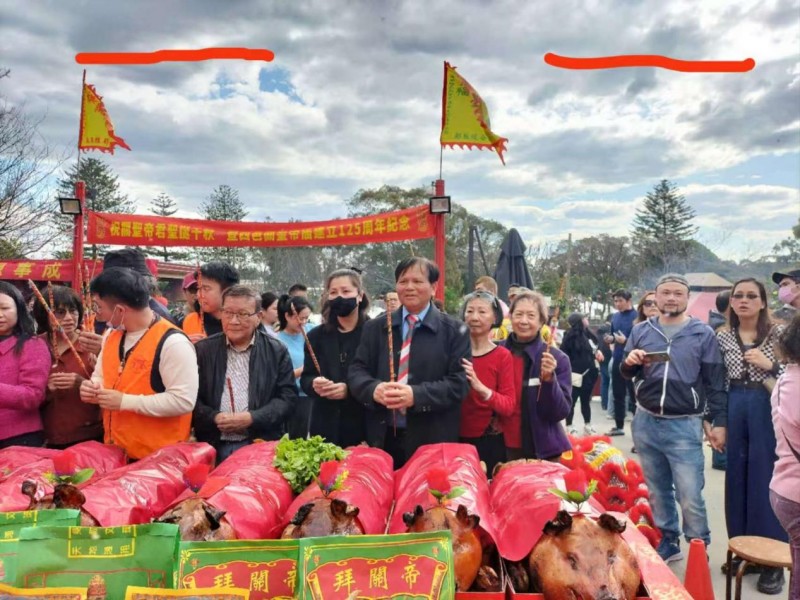
让这段记忆,成为后代的镜鉴:
无论身在何方,龙的传人从未忘记根;
无论世事如何变迁,雷氏的精神永远不灭。
Let this memory be a mirror for generations to come:
Wherever we are, the descendants of the dragon never forget their roots;
Whatever the world becomes, the spirit of the Louie family shall never fade.
澳大利亚华人历史研究会/文
www.amofch.com













